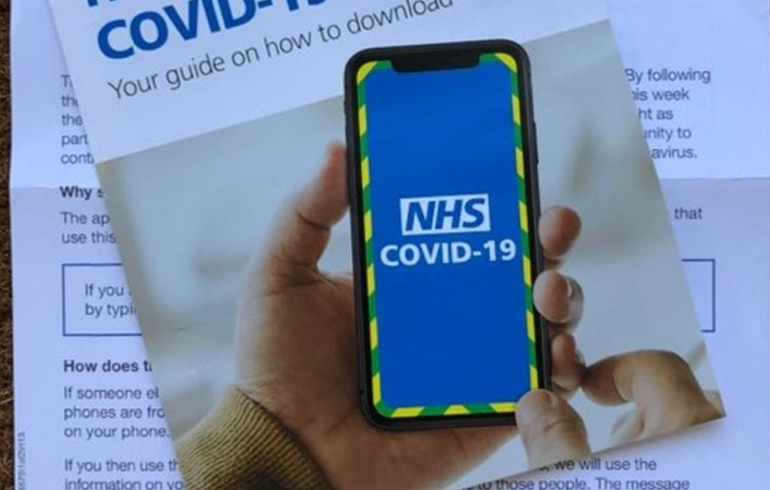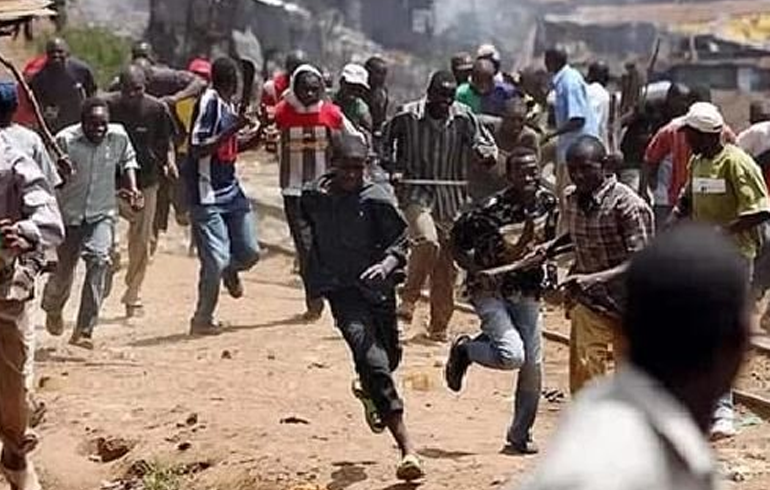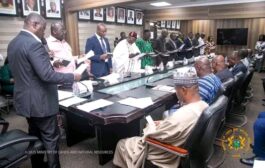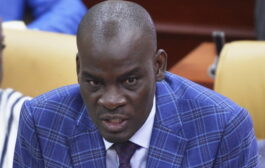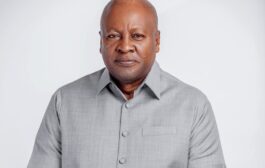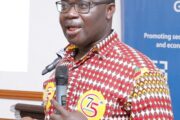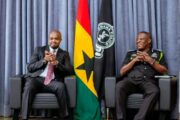Time is running out to finalise a track and trace strategy that would avoid a potential second surge in coronavirus cases, NHS leaders have said.
The NHS Confederation warned of “severe” consequences to staff and patients if the right system was not established quickly.
It said lockdown measures should not be eased until a clear plan was in place.
It follows the PM’s pledge to introduce a “world-beating” contact tracing system in England from June.
Contact tracing identifies those who may have come into contact with an infected person – either through an app or by phone and email – so they can avoid potentially passing the disease on.
Niall Dickson, chief executive of the confederation, which represents health and care leaders, welcomed Boris Johnson’s pledge made at Prime Minister’s Questions on Wednesday.
But in a letter to Health Secretary Matt Hancock, Mr Dickson said without a clear strategy the UK was at greater risk of a second peak of the virus.
He said a strategy should have been in place sooner and if the right system was not instigated rapidly the ramifications for the NHS “could be severe”.
Speaking on the Today programme, Mr Dickson said: “We are absolutely clear that contact tracing is the right thing to do, it is absolutely critical, it has got to be in place to prevent any notion of a second surge if the lockdown is being further released.”
He added the government was acting “quite late in the day [and] we haven’t yet seen the detail”.
Chris Hopson, chief executive of NHS Providers – a membership group for England’s NHS trusts – told BBC Breakfast his members have “not had clear information and instructions about what their role will be” in the system.
Security minister James Brokenshire said Mr Hopson’s comments “will not be lost on anyone” at the Department of Health – and will be followed up on “at pace”.
The Department of Health said it would set out details about test and trace in due course and it had recruited 21,000 contact tracers with “thousands more to follow”.
On Wednesday, Mr Johnson said 25,000 contact tracers, able to track 10,000 new cases a day, would be in place by 1 June.
It coincides with the earliest possible date for the gradual reopening of schools and non-essential shops in England.
Northern Ireland already has a telephone contact tracing system in place, while the Scottish government is currently trialling one. The Welsh government wants its programme operational by the end of May.
One of the government’s most senior scientific advisers previously said an effective tracing system needed to be in place before lockdown restrictions could be changed.
What this letter indicates is that, for all the rhetoric, the NHS Confederation does not yet believe that the government has a robust plan for virus testing and tracking of contacts of those who are infected.
And that comes even after the prime minister’s statement that such a programme will be in place by 1 June with 25,000 contact tracers appointed.
A widespread testing and tracing system is seen as a necessity if lockdown restrictions are to be further eased, including the reopening of schools.
The confederation, which represents health leaders and organisations in England, Wales and Northern Ireland, does welcome Mr Johnson’s commitment to a testing and tracing programme.
But tellingly it notes that its members are not yet reassured, and that if there is not rapid action there could be a second wave of infections and serious consequences for NHS patients and staff.
Mr Brokenshire said the contact tracing system will be in place on 1 June – with or without an NHS tracing app which will be rolled out “in the coming weeks”.
The University of Nottingham’s Prof Keith Neal said the app would be most useful if people were out in public at places such as supermarkets.
“That’s where the app comes in because it will allow later on to identify who you’ve been in contact with but don’t know their name or phone number,” he said.
“We can do contact tracing even without the app because that is a matter of finding the most high-risk contacts in close and prolonged contact, and you tend to only have close and prolonged contact with people you actually know.”
Contact tracing for coronavirus began when the UK identified its first two cases at the end of January.
But it was stopped in mid-March after England’s chief medical officer, Prof Chris Whitty, said it was “no longer necessary for us to identify every case”.
On Wednesday, Labour leader Sir Keir Starmer challenged Mr Johnson over that decision, describing it as a “huge hole in our defences”.
In response, the prime minister said he was “confident” that England would have a track and trace operation which would allow the country to make “progress”.
Latest figures show the total number of people who have died after testing positive for coronavirus in the UK has reached 35,704.
Contact tracing is already being used in Hong Kong, Singapore and Germany.
In other developments:
Benefit officials say they fear as much as £1.5bn may have been lost in fraudulent claims for Universal Credit in recent weeks
People in England have been cautioned against using coronavirus antibody tests being sold by some retailers
Later, Scotland’s First Minister Nicola Sturgeon will unveil details of a four-phase “route map” towards easing the country’s lockdown restrictions
A trial has begun in Brighton and Oxford to see whether anti-malarial drug hydroxychloroquine could prevent Covid-19
The prime minister is facing a potential rebellion from some Conservative MPs after he rejected calls to scrap the fees overseas health workers have to pay to use the NHS
EasyJet will resume a small number of mainly domestic flights from 22 European airports from 15 June, but will require crew and customers to wear masks
And the head of the World Health Organization warned the pandemic was a long way from being over amid the largest daily rise in global cases
Source: BBC



